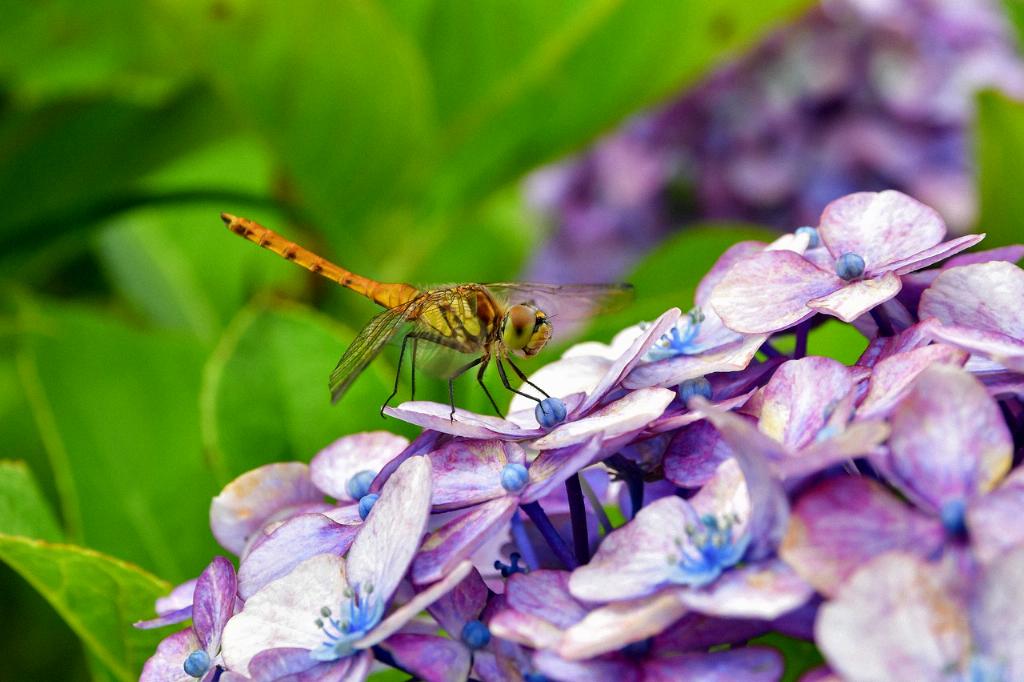Many cat owners may wonder whether hydrangeas pose a risk to their feline friends. The answer is yes, hydrangeas are indeed toxic to cats. It is important for cat owners to be aware of the potential dangers that these beautiful plants can pose to their beloved pets.
According to the Pet Poison Hotline, cats can become poisoned by consuming any part of the hydrangea plant. This includes the flowers, leaves, buds, and stalks. The toxic component in hydrangeas is known as cyanogenic glycoside, which is a type of poison that can be harmful to cats if ingested.
While all parts of the hydrangea plant contain the toxic cyanogenic glycoside, it is worth noting that the buds and leaves of the plant tend to have higher concentrations of the poison. This means that if a cat were to consume the buds or leaves of a hydrangea plant, the risk of poisoning would be greater.
Cyanogenic glycosides are compounds that can release cyanide when they come into contact with digestive enzymes. Cyanide is a potent toxin that can interfere with the body’s ability to utilize oxygen, leading to symptoms of poisoning such as difficulty breathing, seizures, and even death in severe cases.
Signs of hydrangea poisoning in cats may include vomiting, diarrhea, lethargy, difficulty breathing, drooling, and incoordination. If a cat is suspected of ingesting hydrangea or showing any of these symptoms, it is crucial to seek immediate veterinary attention to prevent complications.
Preventing accidental ingestion of hydrangea by cats is essential for their well-being. This can be achieved by keeping hydrangea plants out of reach of pets, both indoors and outdoors. It is advisable to monitor cats closely when in the presence of hydrangea plants to ensure they do not nibble on them.
It is also important to consider the potential risks of using hydrangeas in floral arrangements or decorations within the home if there are cats present. Cats are known to be curious creatures and may be tempted to investigate or taste unfamiliar plants, posing a risk of accidental poisoning.
As responsible pet owners, it is essential to be informed about the toxicity of common plants and flowers that can be harmful to cats. By being aware of the dangers associated with hydrangeas and other toxic plants, cat owners can take proactive measures to create a safe environment for their pets.
In conclusion, hydrangeas are toxic to cats due to the presence of cyanogenic glycosides in all parts of the plant. Cat owners should exercise caution and prevent their pets from accessing hydrangea plants to avoid the potential risks of poisoning. Vigilance and awareness are key in ensuring the health and safety of feline companions in the presence of potentially harmful flora.

